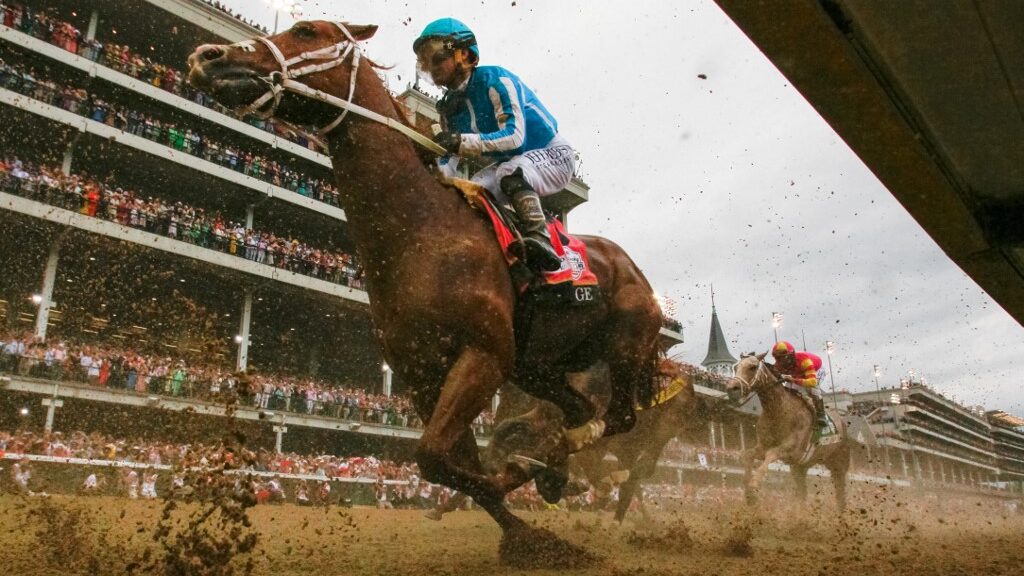
At a meeting held earlier this month, the Colorado Limited Gaming Control Commission was unanimous in its approval for fixed-odds horse betting. This move is expected to increase interest in the horse racing industry and provide added profits to the tracks which will, by default, increase the general tax revenue generated by sports betting in Colorado.
What is Fixed Odds Racing?
If you have ever placed a sports bet before, then you already know how fixed-odds betting works. Whatever point spread or moneyline you get at the time the bet is placed is locked and cannot be changed. The odds are fixed, thus the name fixed odds. However, in traditional pari-mutuel wagering the odds are not locked as the track takes a commission of all the bets placed, and its profits are guaranteed because the odds will settle when the race goes off.
Therefore, in a fixed-odds scenario, if you were to bet a horse that is 6-1 (+600), you will get that price no matter what other betting transpires after your wager. However, in a pari-mutuel situation, your 6-1 odds could go up or down depending on subsequent betting.
Many new to pari-mutuel betting are disheartened when their odds plummet and they are no longer going to receive the payout that they thought they were going to get when they originally placed the bet.
Unlocking Certainty
Fixed odds guarantee the payout, assuming the horse wins the bet, while a pari-mutuel wager will also pay off but at whatever the odds were when the betting closed shortly before the race commenced.
Pari-mutuel horse racing has been the standard in the United States since its inception, but fixed-odds betting is becoming more common in Europe and in other offshore markets where horse racing is allowed. As of this moment, New Jersey is the only state in which fixed-odds horse betting is allowed.
Pilot Program
The approved pilot period will be 24 months and it arrives as a previous 18-month pilot came to an end. The fixed-odds pilot program was supposed to take place 18 months ago, but it never got off the ground. This new two-year pilot program will allow stakeholders to evaluate the data to determine if fixed-odds horse betting will take the place of pari-mutuel wagering or perhaps work in conjunction with it.
Elizabeth Suever, Bally’s vice president of government relations, wrote, “We believe the ability to offer a fixed-odds horse racing product in Colorado will allow Bally’s and the horse racing industry to capture a new and broader audience, could increase purse sizes, and add to Colorado’s tax revenue stream.
Potential Impact
“The 24-month trial period will allow regulators, operators, the horse racing industry, and other stakeholders to review data on fixed-odds wagering and establish the viability as a product offering moving forward. A fixed-odds horse racing product would also be taxed as a sports wager, at a rate of ten percent, which is significantly higher than a horse racing wager.”
Michele Fischer, of SIS Content Services, whom she described as “the largest provider globally of fixed odds for horse racing,” said, “Folks that wager on a sportsbook, they just don’t want to bet on parimutuel wagering because the odds change.”
Fixed-odds horse racing may be coming to Colorado horse tracks as early as the first few months of next year. Greyhound racing was not mentioned in the fixed-odds racing amendment.













